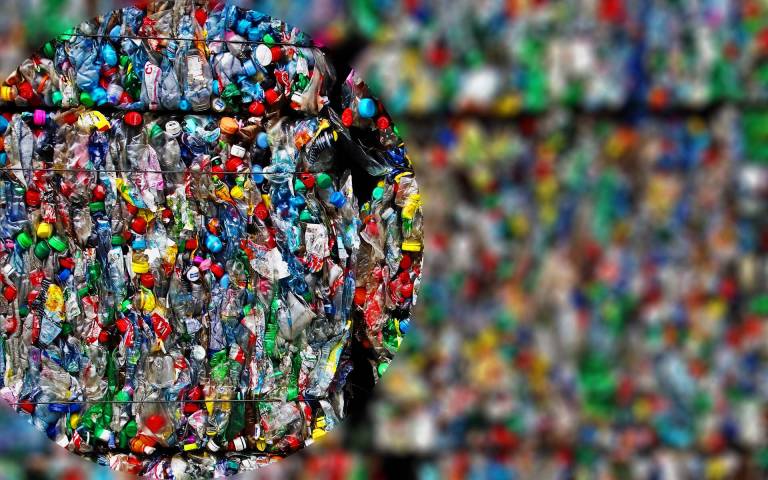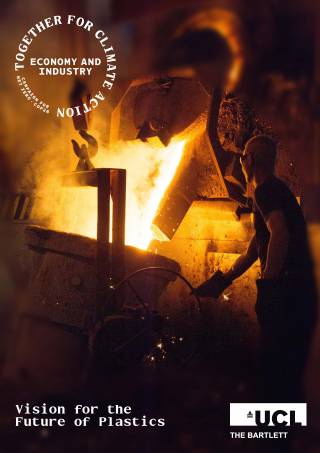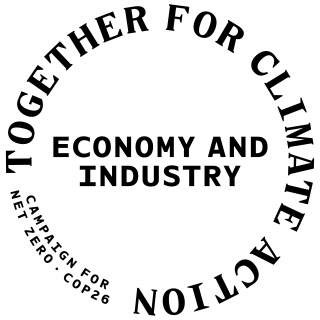Vision for the future of plastics
18 October 2021

We rely on plastics for our everyday lives. Plastics perform critical functions especially in sectors like healthcare and packaging. Decarbonizing the plastic sector is possible but can only be achieved if we stop throwing them away or incinerating them. Currently, most plastics are produced without a plan for their end-of-life: how they will be collected, reused, recycled, or composted, and this has created the environmental disaster involving plastic waste. Net zero plastics are possible only if we switch to a circular economy of plastics.
In this policy brief, researchers from the Plastic Waste Innovation Hub at UCL outline a Vision for the Future of Plastics.
Read 'Vision for the future of plastics'
 Close
Close



